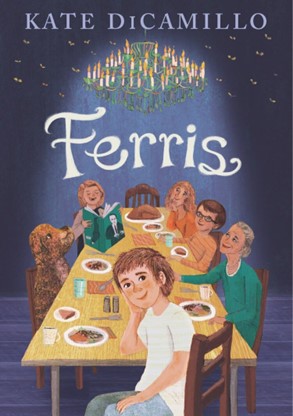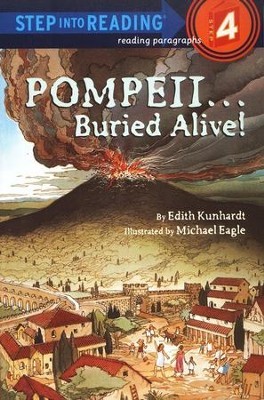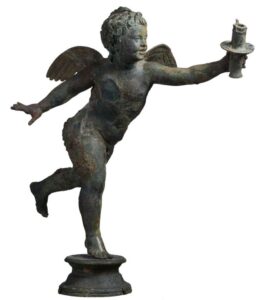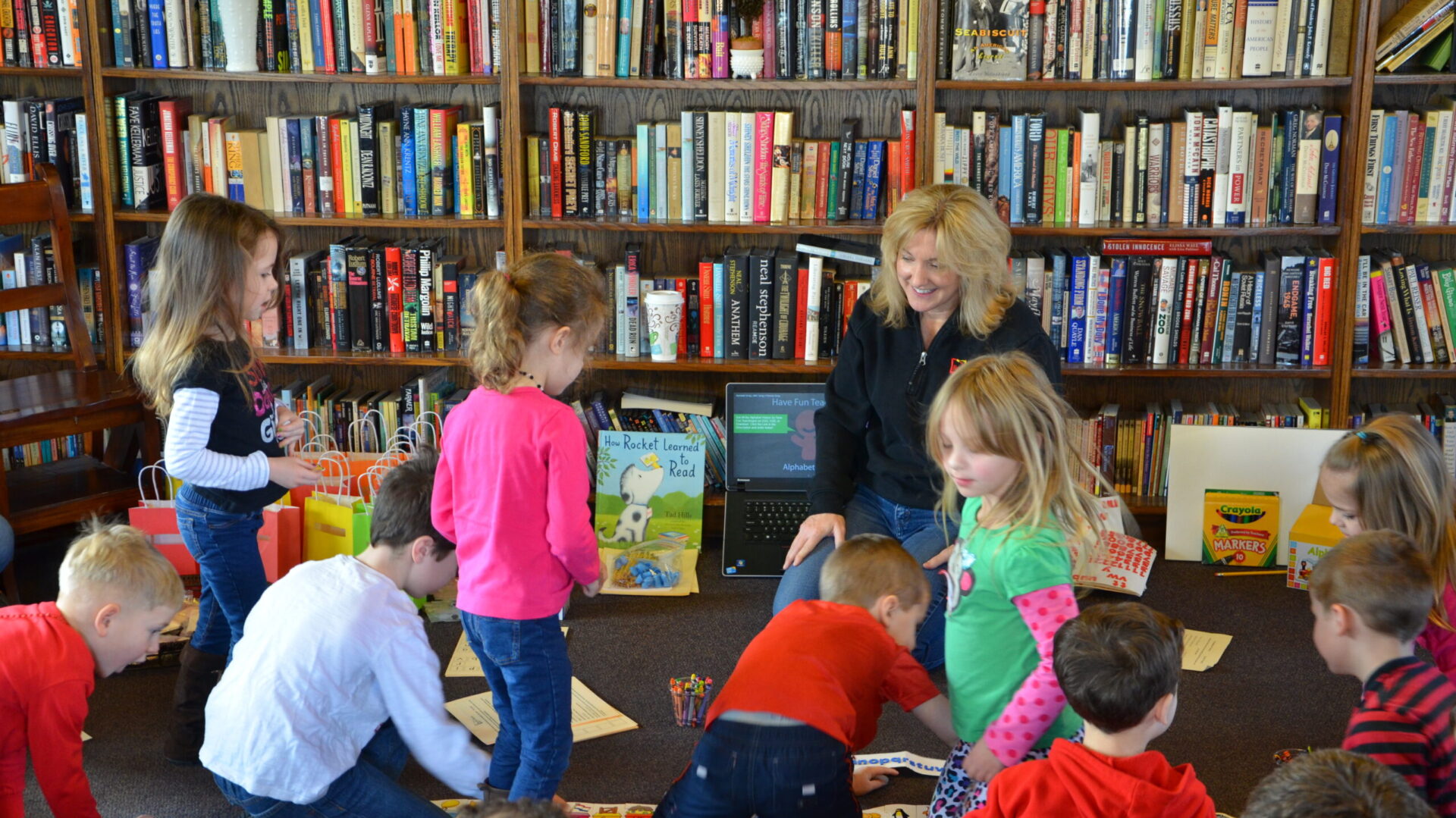
Hello Book Bums families!
One reason I love to read is that I can learn about people and places I'll never experience, through books. Another I reason I love it is that I learn about myself. This week in the newsletter we're thinking about how books can teach us about history, the natural world, and our own hearts.
We also share a special request from Dr. Christy, so please read to the end to see that. Enjoy!
Bookbums.com is an Amazon Associate; We earn from qualifying purchases. This means that if you click on a link to Amazon.com and make a purchase, We may earn a small commission at no extra cost to you. We do recommend the products. Feel free to find them by other means.
Word of the Week
excavate (ex-ka-vayt) verb/action word - to dig out and remove, to expose to view
Archaeologists excavate objects from the past including dinosaur bones and ancient pottery.
Literary Calendar
- April 28 is National Great Poetry Reading Day.
- Arriving at the close of National Poetry Month, this day focuses on distinguished poetry and poets - think award winners and English class.
- To celebrate, we're sharing a spring poem from the current U.S. Poet Laureate, Ada Limon.
- The Poet Laureate is a role appointed through the Library of Congress.
- Past title holders include Elizabeth Bishop, Robert Frost, Gwendolyn Brooks, Billy Collins, and Joy Harjo.
Pause for Poetry
Instructions for Not Giving Up
by Ada Limon
More than the fuchsia funnels breaking out
of the crabapple tree, more than the neighbor’s
almost obscene display of cherry limbs shoving
their cotton candy-colored blossoms to the slate
sky of Spring rains, it’s the greening of the trees
that really gets to me. When all the shock of white
and taffy, the world’s baubles and trinkets, leave
the pavement strewn with the confetti of aftermath,
the leaves come. Patient, plodding, a green skin
growing over whatever winter did to us, a return
to the strange idea of continuous living despite
the mess of us, the hurt, the empty. Fine then,
I’ll take it, the tree seems to say, a new slick leaf
unfurling like a fist to an open palm, I’ll take it all.
From our Bookshelves
In the past few weeks, I’ve had some wonderful book recommendations, and I wanted to share a couple of them with you, here.
Recommendation 1:

Solitary Animals by Joshua David Stein is a gorgeous book that contrasts social animals, those tending to move about as a group, with animals who live solitary lives.
The interaction between the author and the reader is engaging, the language is rich, and the information promotes a deep and abiding wisdom about animals—and even about people.
Reading Solitary Animals reminded me of conversations regarding being an extrovert versus an introvert. Do you identify as one or the other? In truth, like animals, we can be a little of each, depending upon the circumstances.
I heard it said that having the ability to enjoy a crowd does not make one an extrovert. That’s a common misunderstanding. An extrovert is the one who receives energy from the crowd.
If you feel more depleted than rejuvenated after being with a large group of people—even if you’ve been enjoying yourself—you’re likely an introvert.
It works the other way too. If you can be alone, but you find your energy waning while in solitude, you are likely an extrovert.
Although I can be outgoing and boisterous with a crowd, I find it necessary to reenergize in solitude. It’s true. I’m an introvert.
This could be an important conversation to share with a child you adore.
Recommendation 2:

Ferris, by Kate DiCamillo, was another recommendation I received. I shared the book The Tale of Despereaux in the newsletter just a few weeks ago, and a friend asked if I’d read DiCamillo’s new book Ferris (2024). I had purchased it; but I hadn’t, yet, read it. So I did.
And it was wonderful. Truly.
Ferris takes place in Florida (like Because of Winn Dixie). It’s about family, friends, and a community (like Because of Winn Dixie). And it’s about enduring love (like Because of Winn Dixie). But don’t skip it because these two books have a lot in common. Rather, pick it up and read it with fervor for it’s a true gem.
Read this one aloud to some kids you love, for it will launch rich conversations and inspire acts of love. It will provide ample opportunity for expanding vocabularies and appreciating masterfully crafted text. Best, it will share with kids what loss of a loved one might look and feel like, and it just might help them as they navigate those big, unwieldy feelings.
As Clarisse tells Ferris, “Every good story is a love story.”
Ferris is a good story.
Tips for Readers and Writers
I hope we’ve all experienced the pure joy of being read to by a skilled oral reader. Having stories read aloud can be absolutely magical. Here are some tips to improve your oral reading.
1. Manage your breath by attending to the sentence breaks (take a short breath) and paragraph breaks (take a longer breath). Those conventions are used for just that purpose. Think of it like composers’ musical notations informing the conductor regarding how the piece is intended to sound. The tiny silences complement the reading of the story.
2. Vary your voice to match the voices of the characters and the narrator. It’s not silly. It’s required for captivating your audience.
3. Read the filler text more quickly, and slow down for important parts such as dialogue.
4. If you don’t know how to pronounce a word, just give it your best shot and move on. You can look it up later.
5. Don’t stop so often when reading that you interrupt the flow of the story. Stopping from time to time for good discussion is wonderful but do so mindfully.
Tips for Families
Have you been seeing advertisements for Pompeii: the Exhibition?

At Book Bums, we explicitly teach our students that e-i can say /ee/ like in the word weird, but e-i can also say /ay/ like in the word vein. Our featured book for that lesson is Pompeii . . . Buried Alive!

Kids are often fascinated by this story, and though it’s an older book, it’s one that just might captivate your reluctant reader.
A while back, I shared a bit about the Morgan Library and Museum in NYC. In that museum today, you can see Morgan’s favorite piece from the collection: Running Eros, Holding a Torch. It’s a bronze figure of Eros as a winged child. Incredibly, this sculpture was excavated from a town very near Pompeii that was buried in the same Mount Vesuvius eruption destroying Pompeii in 79 AD.

Book Bums News
Did you know that we sold our Book Bums Foundations for Literacy materials and our Little Letter Learners curriculum for use in some schools in Toledo, Ohio? That means lots more kids will be using our fun-focused lessons, so they’ll be equipped to read and spell well! We’re so excited about this new venture! However, selling our curriculum means that we need more space. If you know anyone who has some inexpensive warehouse-type space we could rent/lease, we’d sure appreciate you letting us know. Presently, we have to pull things out to package materials and then tuck it all away to make space for our tutoring sessions. Email Dr. Christy (Christy@bookbums.com) if you have a great idea for us.
Practical Grammar
adverse/ averse
Adverse and averse are both turn-offs, but adverse describes something harmful and averse is a strong feeling of dislike.
I had an adverse reaction to soy, so now I’m averse to products containing soy.
Just for Fun

If you know someone who would benefit from our newsletter or tutoring at Book Bums, please share this email with them! Thank you.
Copyright © 2024 Book Bums, All rights reserved
Our mailing address is:
7967 Cincinnati-Dayton Road Suite L
West Chester, OH 45069

